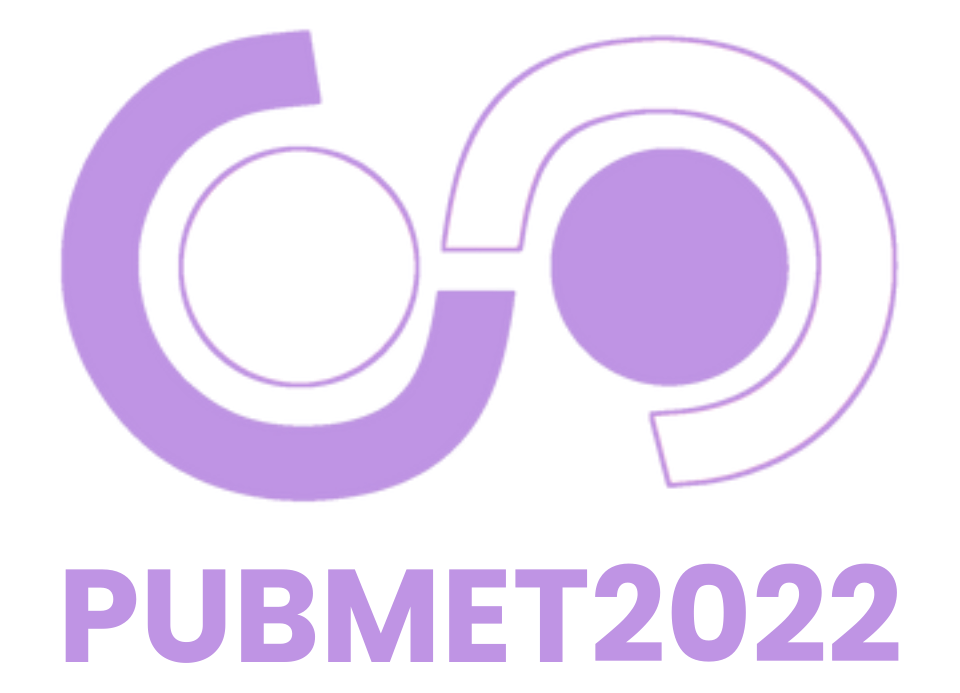Two pillars of Open Science – The Future of Scholarly Communication and Research Integrity | workshop

CSI-COP Project is an EU-funded Project that investigates GDPR compliance to better understand how far we are being tracked by default as we use the Internet to visit websites and apps on our mobile devices. CSI-COP engages citizen scientists to address the growing concerns in society around privacy issues and the methods that are supposed to ensure integrity in the collection and use of data.
This workshop will highlight the fundament rights we all have to digital privacy, explores how much institutions comply with the GDPR, introduces tools and solution to protect your digital privacy and introduces you to a massive open online course on the topic. The workshop will pose questions and concerns about the system scholars use to communicate between themselves (e.g. academic journals and monographs) and with the broader public.
An interested observer will notice that the current digital content industry is heavily oriented towards building platforms that track users’ behaviour and seek to convince them to stay longer and come back sooner onto the platform. Similarly, authors are incentivised to publish more and to become champions of dissemination. Generally, the digital content industry is permeable to non-human contributors (algorithms that are able to generate content and reactions), anonymity and identity fraud.
It is pertinent to organise a series of workshops about the early signs of track and persuasion in scholarly communication. The CSI-COP project inspired an independent pilot study that tried to determine the opportunity for conducting research about the use of “track and persuade” technologies in scholarly communication. We collected observations on a sample of 148 relevant websites and we interviewed 15 experts related to the field. Through this work, we tried to identify 1) the essential questions that could inspire proper research, 2) good practices to be recommended for future research, and 3) whether citizen science is a suitable approach to further research in this field. The findings could contribute to determining a broader solution for building trust and infrastructure in scholarly communication. The principles of Open Science were used as a framework to see if they offer insights into this work.
The CSI-COP project offers an international discussion forum to exchange experiences on the matter of digital tracking and remains open to engaging with the larger public in order to raise awareness and refine results about the use of cookies and other digital trackers.
You are all welcome to join this workshop and explore together the depth of digital tracking in the scholarly communication field and beyond it.
CSI-COP project has received funding from the European Union’s Horizon 2020 research and innovation programme under grant agreement No. 873169
